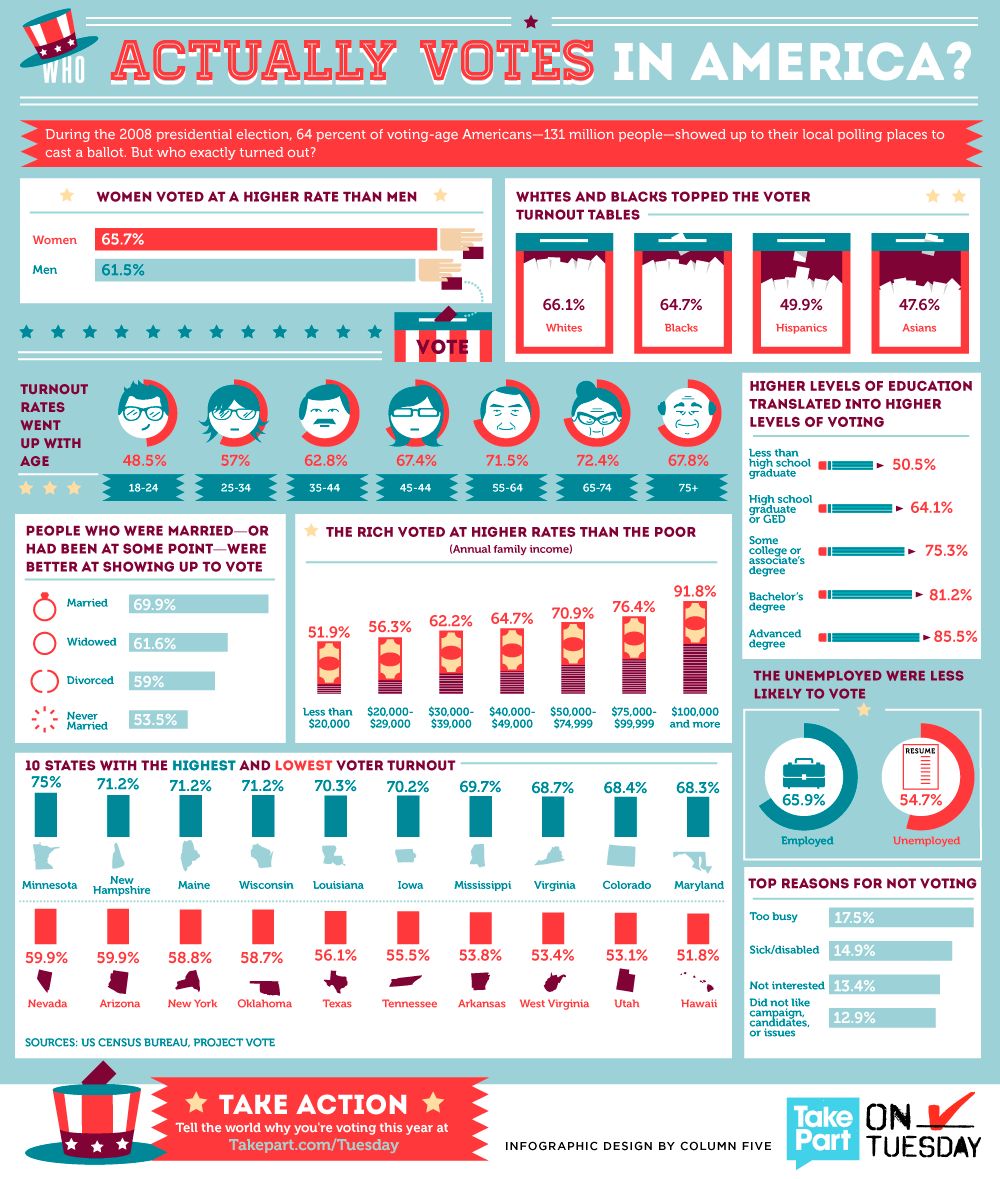What Would Get You to Vote?: Incentives for Voting

Credit: U.S. Coast Guard
The June 5th primary election in California saw a near-record low turnout of voters across the state. Only 31.1% of eligible Californians voted in the election. The dismal numbers are likely to be a preview of what is to come in November.
Why vote anyway? Besides gaining some vague sense of having done your civic duty, is it worth the time and effort? The probability that your vote would determine the outcome of an important election is beyond improbable. So your vote doesn’t really matter, or does it?
Those who religiously turn up to vote in any given election are likely to be on the furthest sides of the political spectrum. Just as the very liberal are bound to be ardent supporters of President Obama at voting stations this November, strict conservatives will file out in droves to make sure he loses. At the same time, those with more moderate views, who make up the majority of the American population, are most likely to skip a trip to the polls.
The problem with leaving voting to the political extremists is that they will vote for politicians who most share their views, thus electing candidates who fail to represent what most Americans deem important.
Many complain that work schedules prevent them from making it to a polling station on election day and changes should be made to make the voting process as easy as possible. Polling places could be open later than 8 p.m., and there could be modernization of the voter registration system so that a person might vote in various locations, but these changes are not predicted to be enough to drastically increase participation.
A recent article by The Atlantic explored ways in which to incentivize the voting process. Norman Ornstein, the article’s author, noted his favorite: to have each voting receipt also be a lottery ticket. With such incentives, there would undoubtedly be a greater turnout come election season.
Ornstein writes how mandated voting laws, like what can be found in Australia today, would never work in the United States due to the aversion Americans have toward being "forced" to doing something.
In Australia, if a citizen fails to turn up at a polling place on election day without a legitimate and written excuse, they are penalized with a $15 fine. Such disincentive would incur outrage in this country. Implementing a creative incentive however, would create buzz around the voting process and get people excited to participate.
Share your ideas: what do you think would be a good incentive for voting?
Credit: whytuesday.tumblr.com




